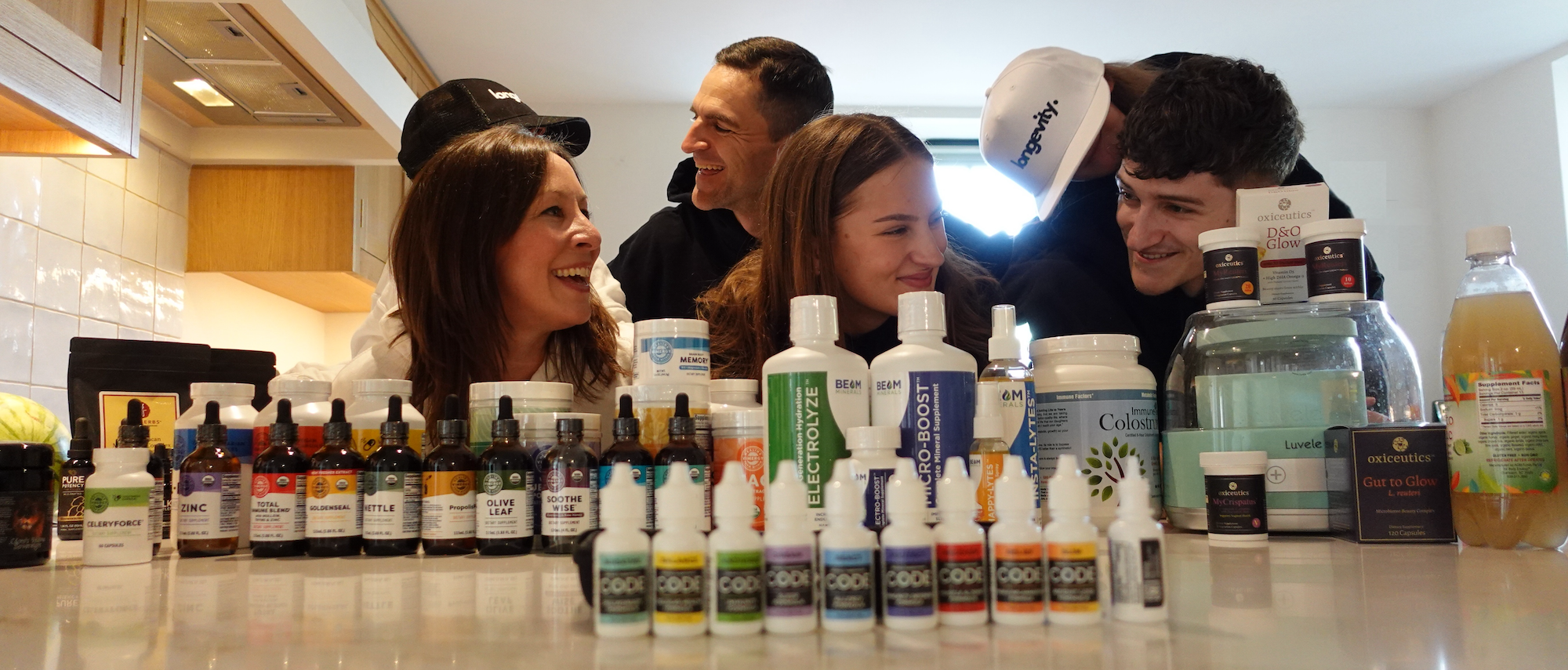Discover the Royal Health Benefits of Chaga King Products
Welcome to our exclusive range of Chaga King products, your gateway to experiencing the ancient wellness secrets of Chaga mushrooms. Known as the "King of Medicinal Mushrooms," Chaga offers a host of health benefits through its natural compounds such as melanin, SOD (superoxide dismutase), high ORAC (Oxygen Radical Absorbance Capacity) values, polysaccharides, beta-glucan, and betulin. Our collection features Chaga tea, Chaga supplements, and Chaga extracts, each crafted to provide you with the full potency of this incredible natural healer.
Chaga Tea
Our Chaga tea is a soothing, delicious way to enjoy the benefits of Chaga daily. Rich in melanin, it helps protect your skin from sun damage while offering a high level of antioxidants, as indicated by its remarkable ORAC value. Regular consumption can boost your immune system, thanks to the natural presence of beta-glucans and polysaccharides, which help stimulate immune function.
Chaga Supplements
Chaga supplements are an easy, efficient way to incorporate the power of Chaga into your health regimen. These supplements are packed with betulin, a natural compound found in the bark of birch trees where Chaga grows. Betulin is known for its anti-inflammatory and cholesterol-lowering properties. Chaga supplements also provide a substantial amount of SOD, an enzyme that plays a critical role in protecting the body from the damaging effects of free radicals and oxidative stress.
Chaga Extracts
For a more concentrated form of Chaga, our extracts offer a potent dose of all the mushroom's beneficial properties. Chaga extracts are ideal for those looking to maximize their intake of polysaccharides and beta-glucan, known for enhancing the body's immune defense and supporting energy levels. The high melanin content in the extracts also contributes to skin health by providing UV protection and increasing your skin’s resilience.
Why Choose Chaga King Products?
Choosing Chaga King products means opting for a natural, powerful source of health-enhancing ingredients. Each product in our line is sustainably sourced, ensuring that you receive the highest quality and most effective formulations available. The health benefits of Chaga are supported by centuries of traditional use and modern scientific research, highlighting its potential in supporting immune health, reducing inflammation, and promoting longevity.
Explore our collection of Chaga King products today and experience the majestic power of Chaga. Whether you prefer the ritual of brewing tea, the convenience of supplements, or the potency of extracts, Chaga King has something to offer for your health and wellness needs. Embrace the ancient wisdom and modern science that Chaga brings to your daily health routine, and feel the difference in your overall vitality and well-being.



























